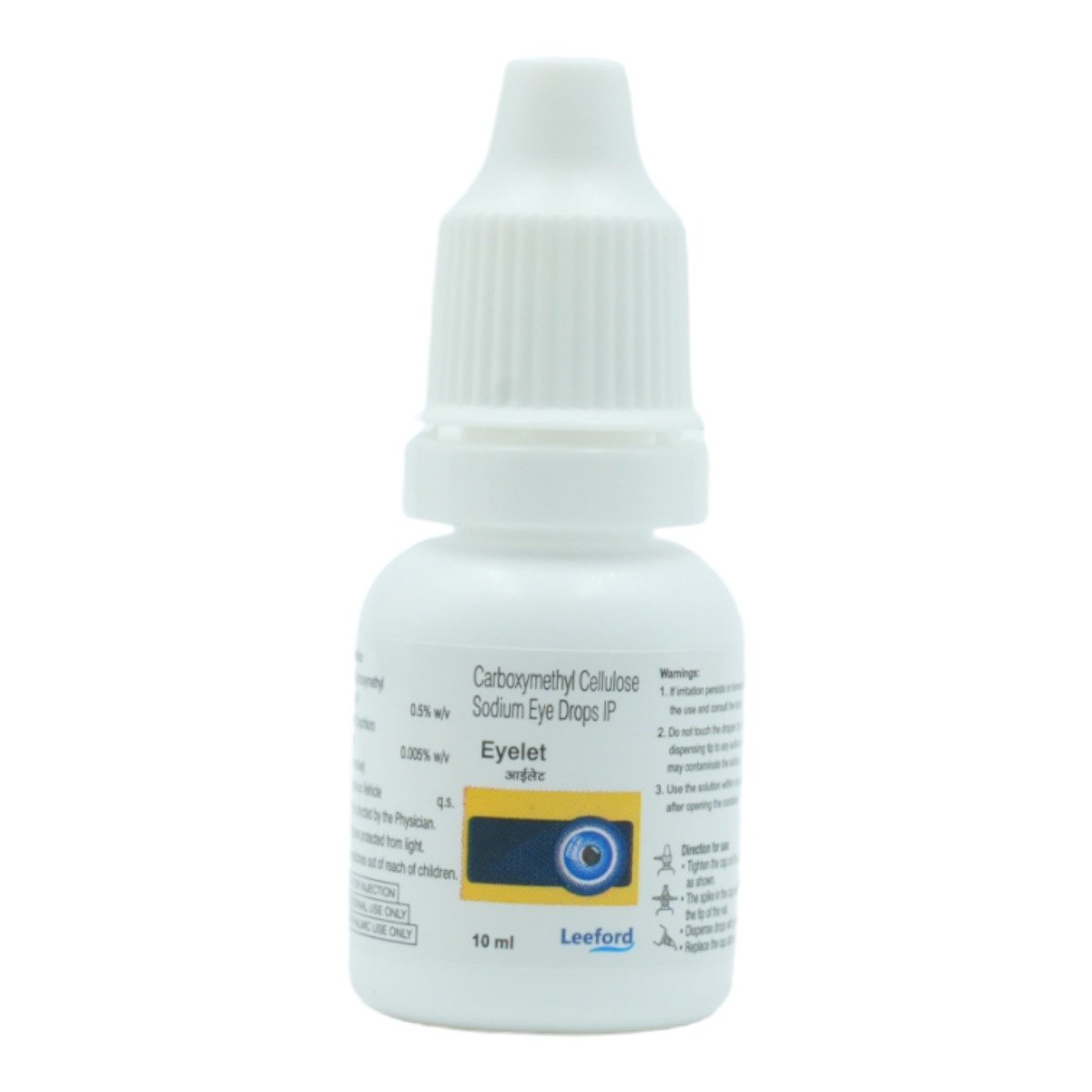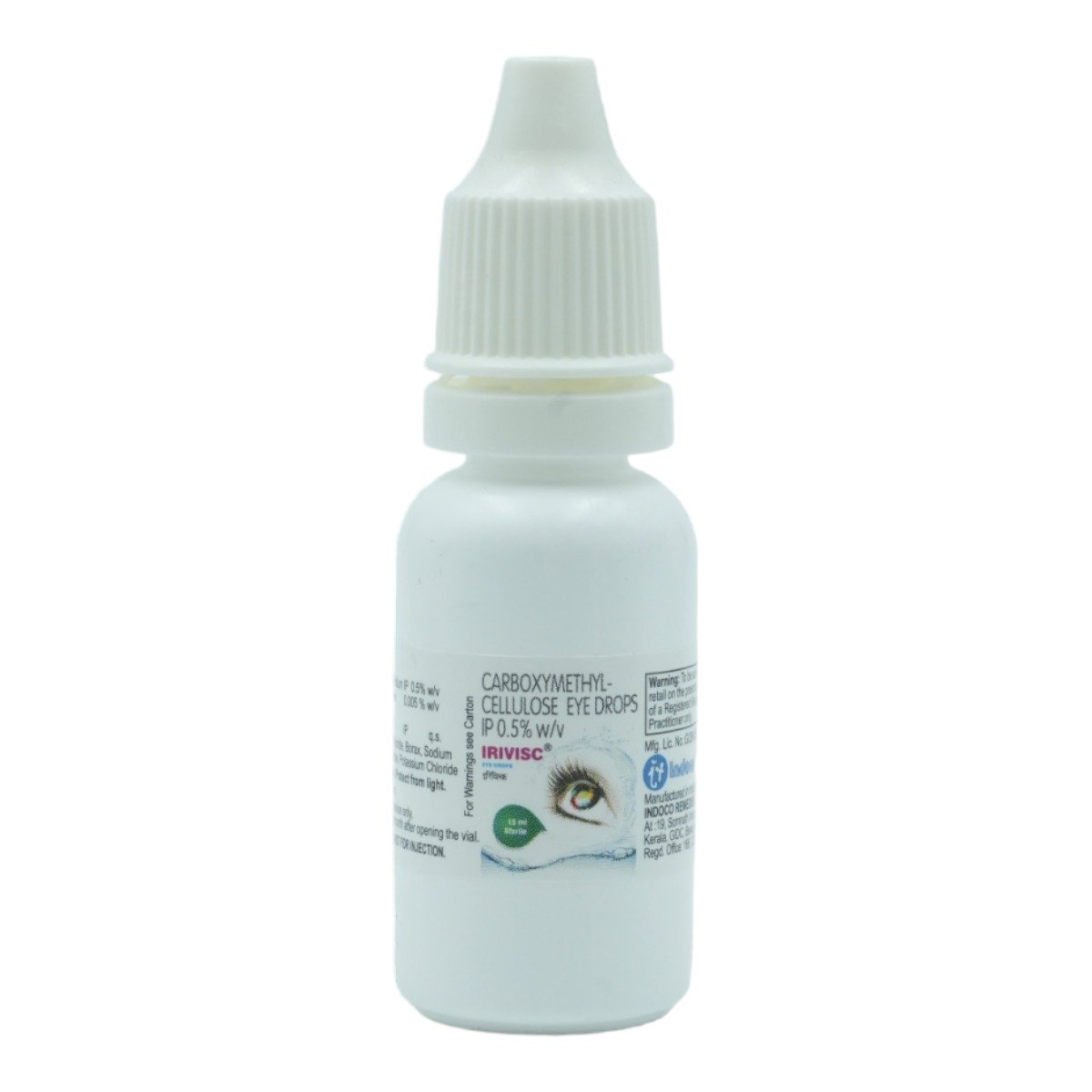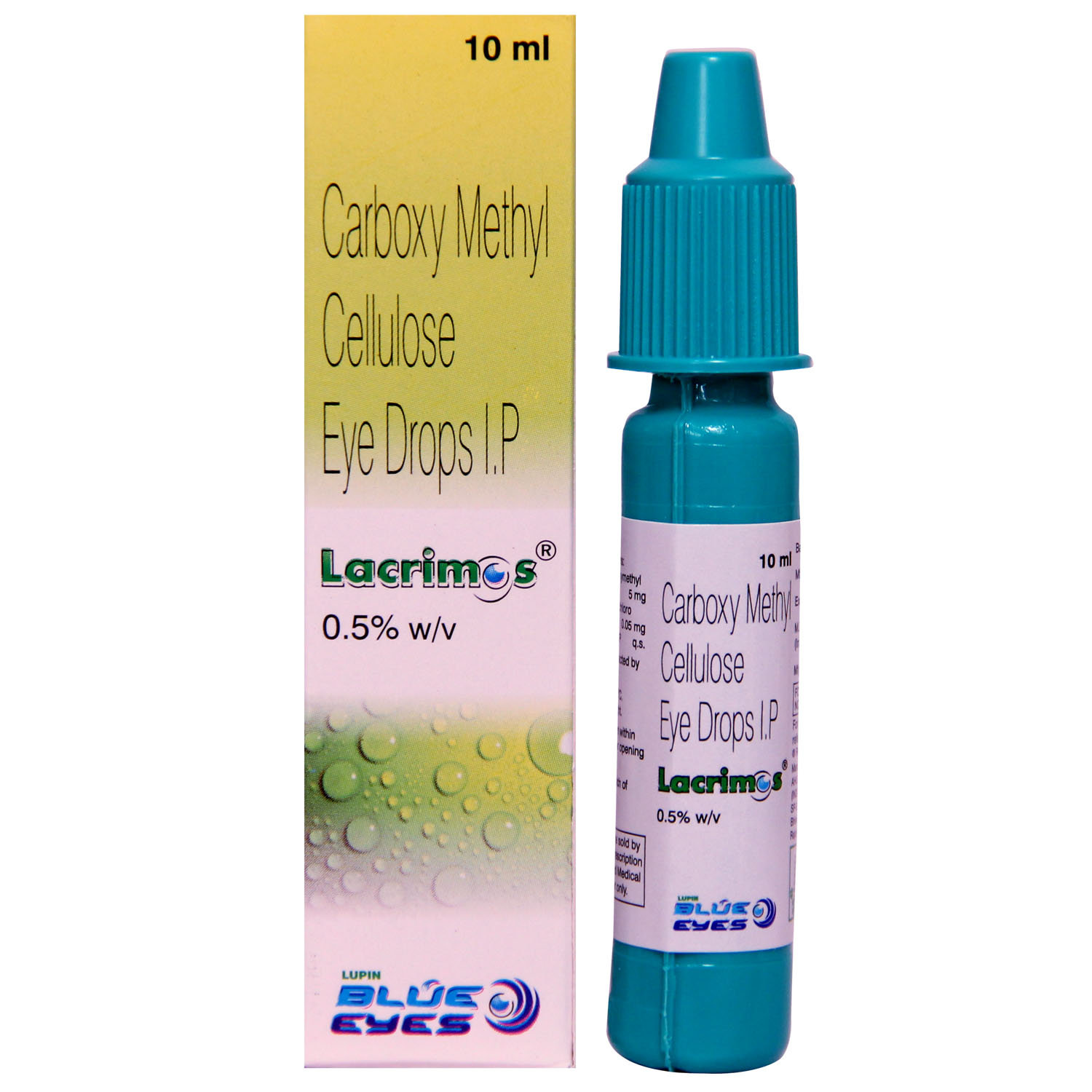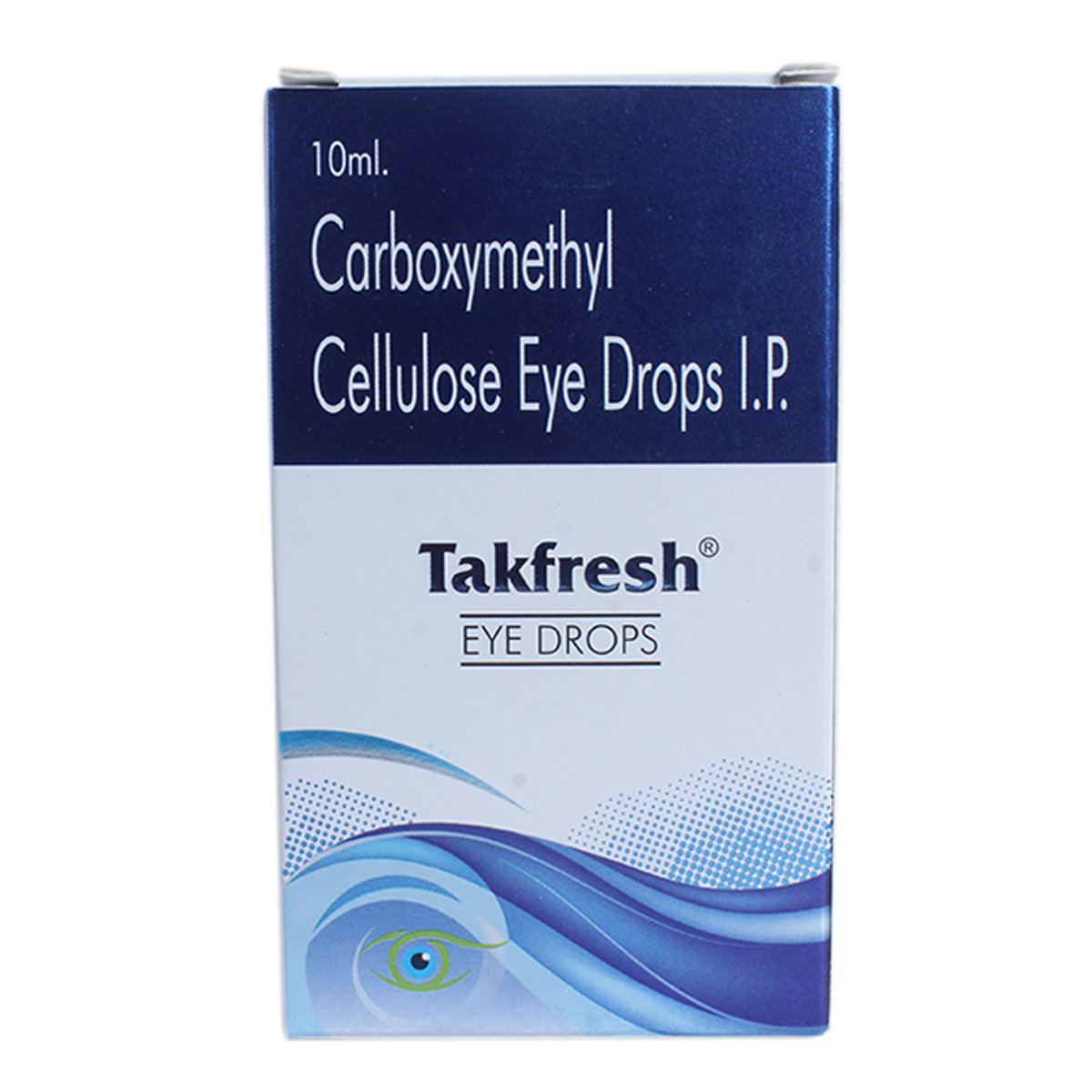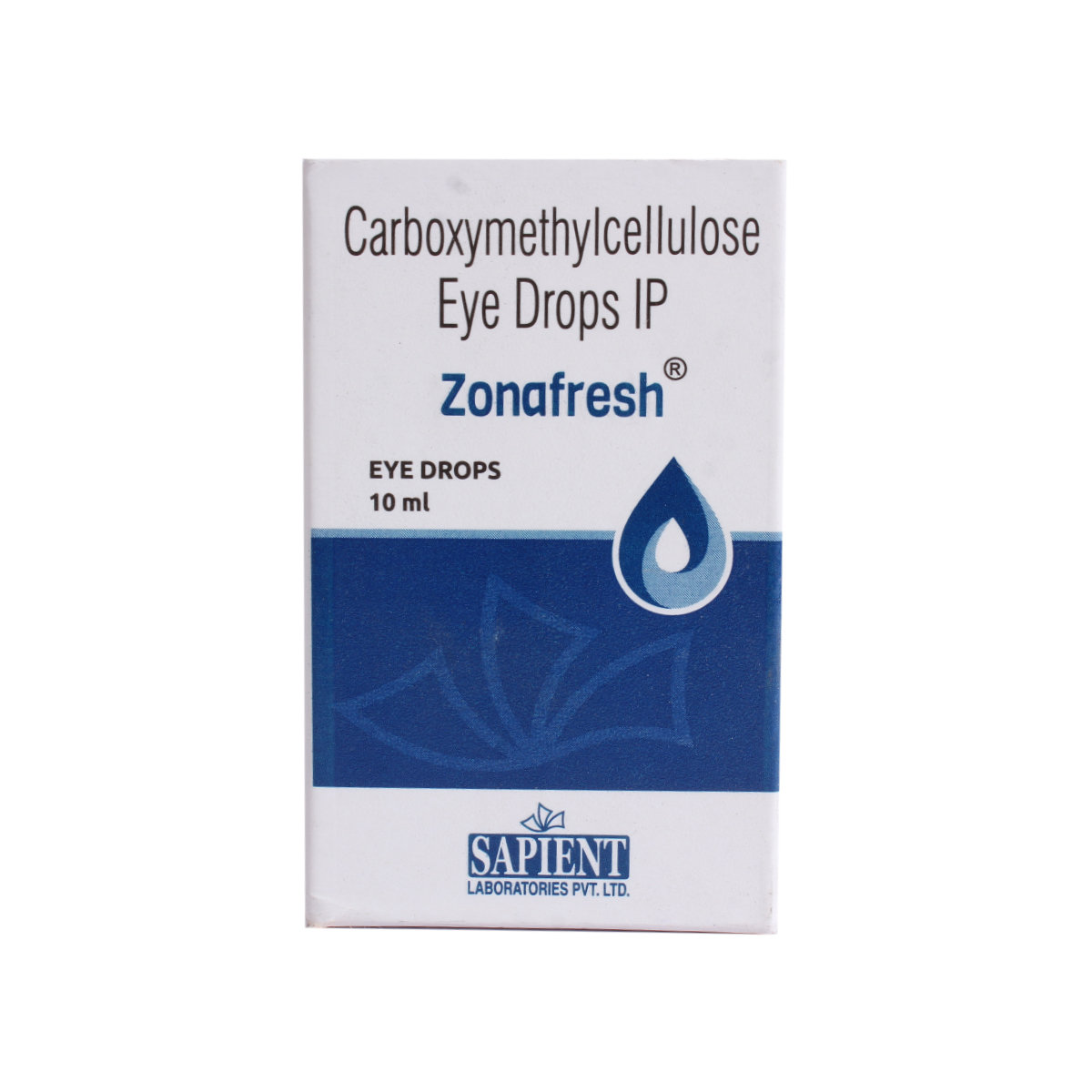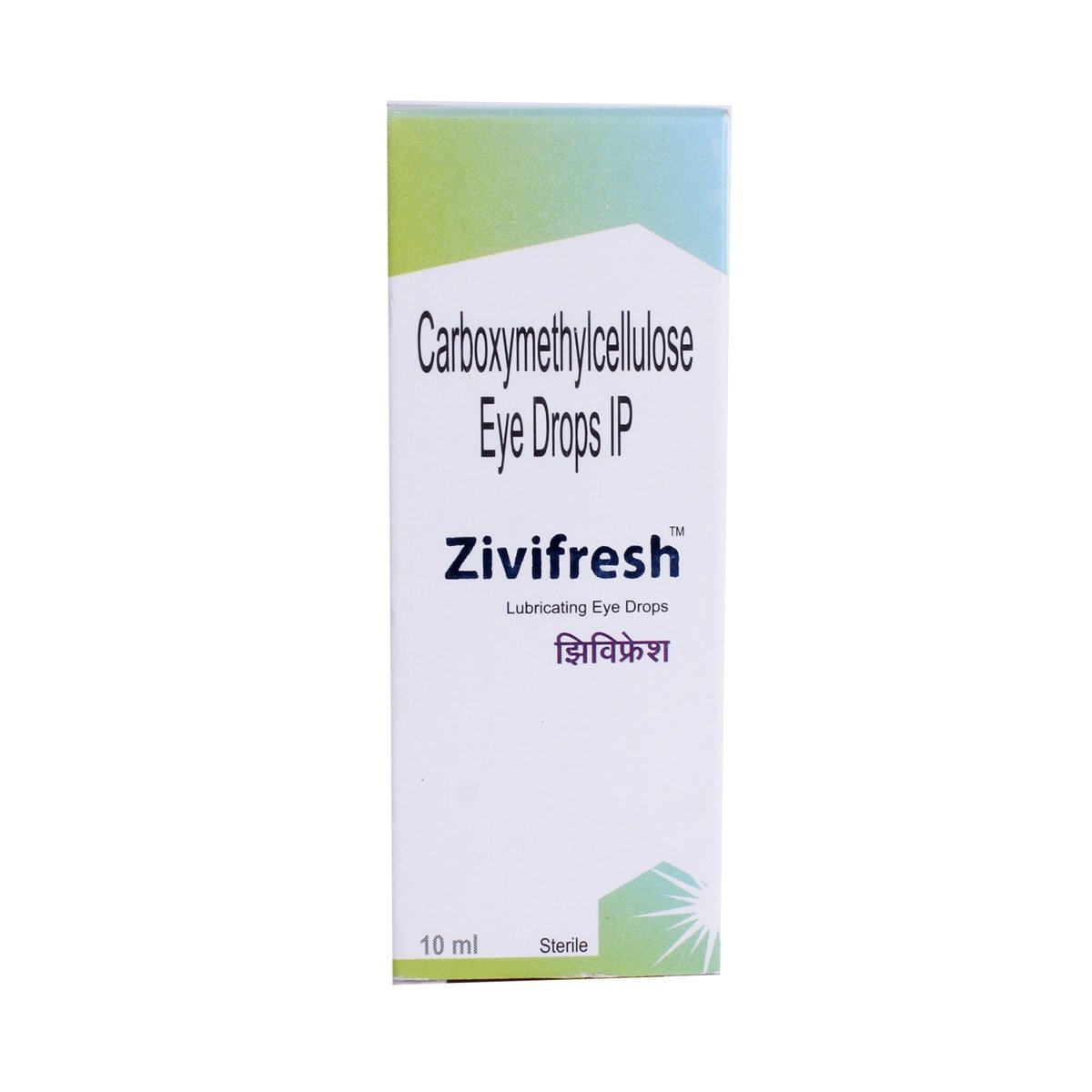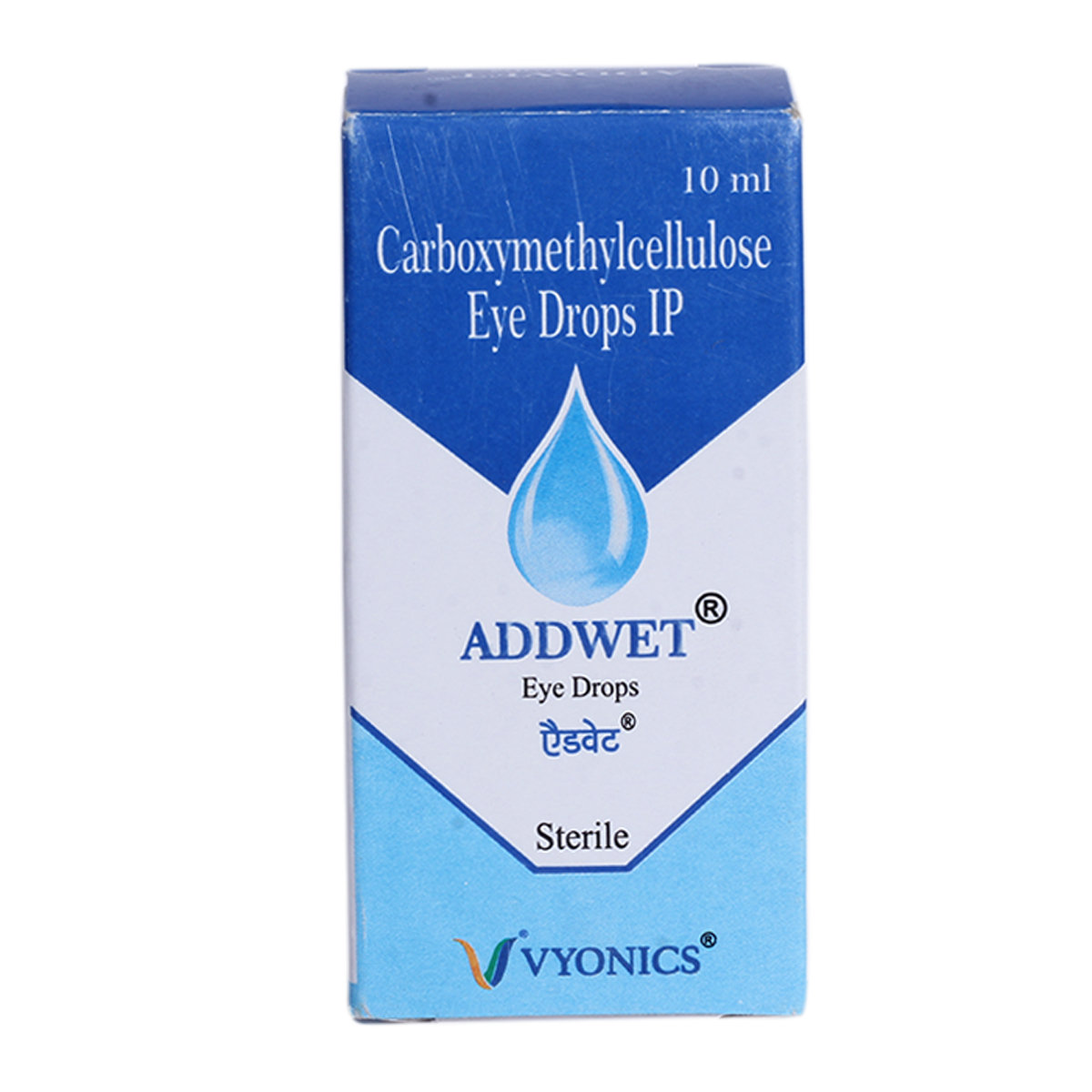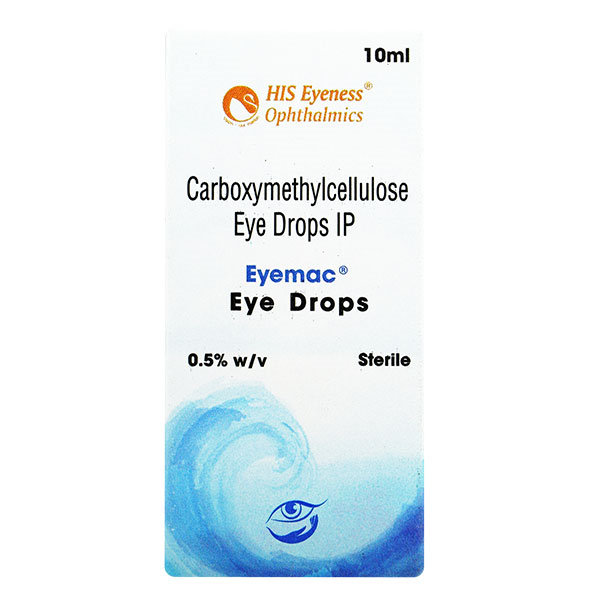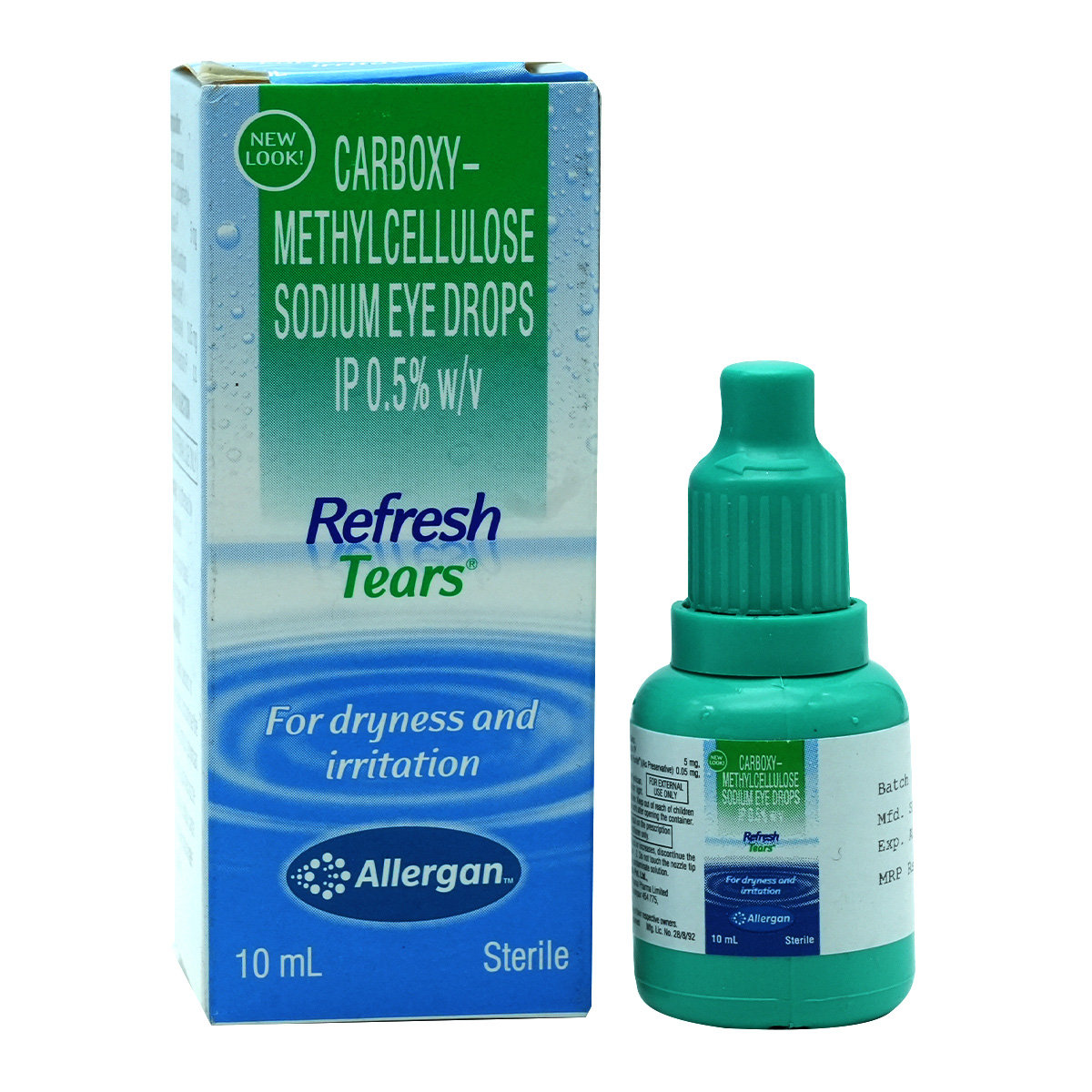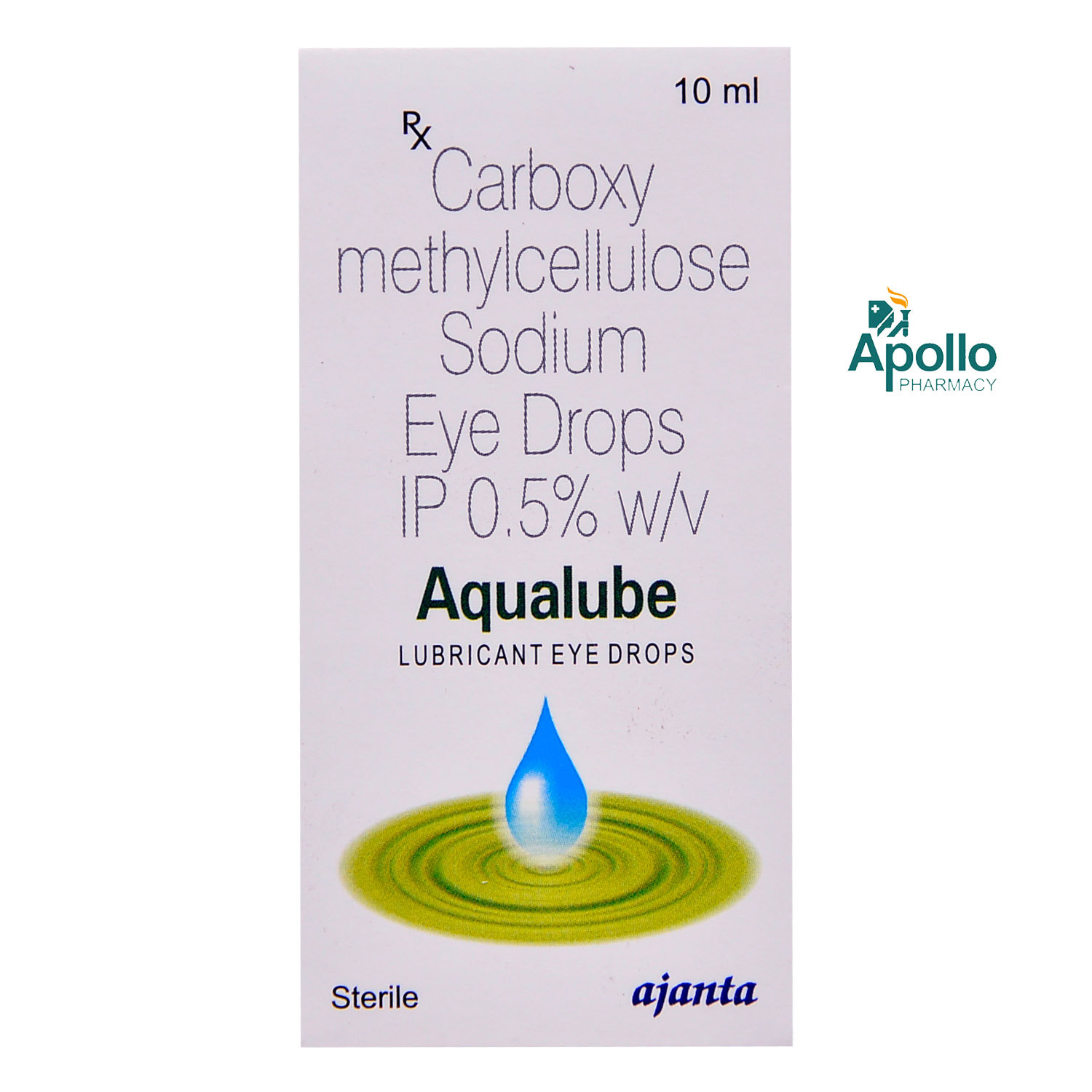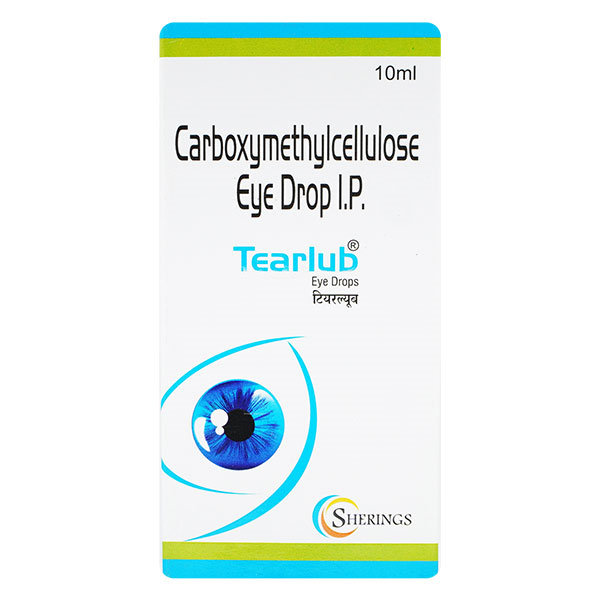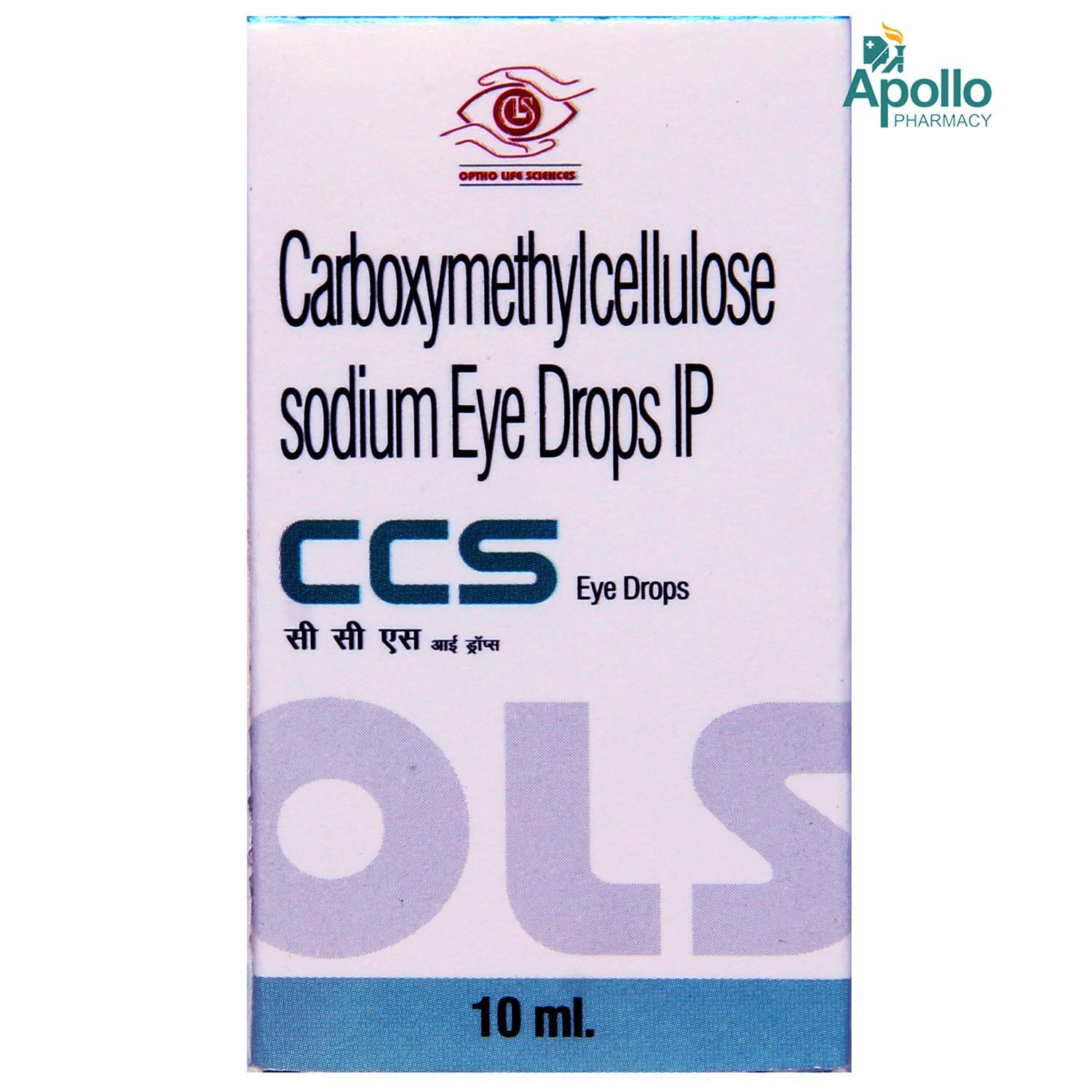- Home
- Sol Eye Drop
Sol Eye Drop Substitute
Sol Eye Drop Substitute
Medicine Composition:
CARBOXYMETHYLCELLULOSE-0.5%W/V›
All Substitutes & Brand Comparisons
RX
Eyelet Eye Drops 10 ml
Leeford Healthcare Ltd
₹84
(₹7.56 per ml)
5% CHEAPERRX
Lubi Fresh Eye Drop 10 ml
Apple Pharmaceuticals
₹91.5
(₹8.24 per ml)
2% COSTLIERRX
Irivisc 0.5% Eye Drops 15 ml
Indoco Remedies Ltd
₹149.5
(₹8.97 per ml)
11% COSTLIERRX
Lacrimos 0.5% Eye Drops 10 ml
Lupin Ltd
₹103.5
(₹9.32 per ml)
16% COSTLIERRX
Takfresh Eye Drops 10 ml
Pharmtak Ophthalmics (I) Pvt Ltd
₹115.5
(₹10.4 per ml)
29% COSTLIERRX
Zonafresh Eye Drops 10 ml
Sapient Laboratories Pvt Ltd
₹122
(₹10.98 per ml)
37% COSTLIERRX
Dru Eye Drops 10 ml
Sunways (India) Pvt Ltd
₹126.5
(₹11.39 per ml)
42% COSTLIERRX
Zivifresh 0.5% Eye Drop 10 ml
Zivira Labs Pvt Ltd
₹127.5
(₹11.48 per ml)
43% COSTLIERRX
Addwet Eye Drop 10 ml
Vyonics Health Care India Pvt Ltd
₹127.5
(₹11.48 per ml)
43% COSTLIERRX
Eyemac Eye Drops 10 ml
His Eyeness Ophthalmics Pvt Ltd
₹128
(₹11.52 per ml)
43% COSTLIERRX
Refresh Tears Eye Drops 10 ml
Allergan Healthcare India Pvt Ltd
₹131
(₹11.53 per ml)
43% COSTLIERRX
Aqualube Eye Drops 10 ml
Ajanta Pharma Ltd
₹129
(₹11.61 per ml)
44% COSTLIERRX
Tearlub Eye Drops 10 ml
Austrak Pvt Ltd
₹129
(₹11.61 per ml)
44% COSTLIERRX
CCS Eye Drops 10 ml
Optho Life Sciences Pvt Ltd
₹129
(₹11.61 per ml)
44% COSTLIERRX
Everfresh Tears Eye Drops
Biochem Pharmaceutical Industries Ltd
₹129
(₹116.1 per unit)
1349% COSTLIER

When Should You Consider Switching from Sol Eye Drop?
Patients may explore substitutes in the following scenarios:
- High monthly cost of Sol Eye Drop
- Non-availability in local pharmacies
- Generic recommendation by a doctor
- Side effects or better tolerability with alternatives
What to Know Before Switching
Before you switch from Sol Eye Drop to another medicine, here are some important points to keep in mind:
Same salt, different brands:
Most substitutes contain the same active ingredient - CARBOXYMETHYLCELLULOSE-0.5%W/V, but the fillers, coating, or manufacturing quality may vary slightly.
Consult your doctor first:
Even if the salt is the same, your doctor can confirm if the substitute is right for your condition, dosage, and health history.
Watch out for allergies or reactions:
Some people may react differently to certain brands due to inactive ingredients. If you notice any side effects, inform your doctor immediately.
Price ≠ effectiveness:
A lower-priced substitute doesn't mean it's less effective. Many generic medicines work just as well as branded ones.
Check the dosage form and strength:
Always match the substitute’s strength (e.g., 5mg, 10mg) and form (tablet, capsule, syrup) with what your doctor prescribed.
Uses
Medicinal Benefits
Sol Eye Drop is an eye lubricant, also known as artificial tears. It works similarly to natural tears and provides temporary relief from burning and discomfort due to the eye's dryness by maintaining proper lubrication of the eyes and acting as a protectant against further irritation.
FAQs
The substitutes of Sol Eye Drop contain the same active salt(s) - CARBOXYMETHYLCELLULOSE-0.5%W/V. However, they may differ in price, manufacturing quality, and inactive ingredients. Speak to your doctor to find a suitable option.
Switching to a generic substitute medicine in the place of Sol Eye Drop is often possible if it has the same salt, strength, and dosage form. But always check with your doctor before making any changes to your medication.
Generics versions of Sol Eye Drop are typically more affordable because they don’t include the original brand's research, development, and marketing costs. They contain the same active ingredient and are approved for safety and effectiveness.
Most people don’t notice any difference. However, some may react to different fillers or coatings. If you notice any unusual symptoms after switching, consult your doctor.
Make sure the new medicine has the same active salt, strength, dosage form. Always confirm the change with your doctor or pharmacist.
Substitutes of Sol Eye Drop meet the same safety and efficacy standards as Sol Eye Drop, but small differences in absorption or formulation can exist. A doctor can help you choose the right one for your needs.
Yes. Substitutes of Sol Eye Drop may vary in color, size, or shape due to differences in manufacturing and branding, but this does not affect how they work.
Yes, it’s generally safe to switch between multiple substitutes of Sol Eye Drop if they have the same salt and strength. However, always inform your doctor so they can monitor how your body responds.
Yes, many people safely use substitutes of Sol Eye Drop for long-term treatment. Just ensure it’s done under medical supervision.
If your symptoms stay under control or lab results remain stable, the substitute for Sol Eye Drop is likely working well. Regular follow-ups with your doctor are important.
Absolutely. Even with the same salt, small differences can affect how your body responds when switching from Sol Eye Drop to its substitute. Always consult your doctor before switching.
Sol Eye Drop is an eye lubricant, also known as artificial tears. It works similar to natural tears and provides temporary relief from burning and discomfort due to the eye's dryness by maintaining proper lubrication of the eyes and acting as a protectant against further irritation.
No, you should not use Sol Eye Drop if you are wearing contact lenses. If you wear contact lenses or are wearing them, remove them before using Sol Eye Drop, and you can put them back 15 minutes after using Sol Eye Drop.
No, Sol Eye Drop should not be used simultaneously with other eye medications. At least, a gap of 5 to 10 minutes should be there between using two eye medications.
Yes, the use of Sol Eye Drop can cause blurry vision for the short term. So, please do not drive or operate any car or machinery which requires concentration to avoid any mishappening.
Buy best Ocular products by
Entod Pharmaceuticals Ltd
Ajanta Pharma Ltd
Sunways (India) Pvt Ltd
Sun Pharmaceutical Industries Ltd
Cipla Ltd
Micro Labs Ltd
Allergan Healthcare India Pvt Ltd
Intas Pharmaceuticals Ltd
Raymed Pharmaceuticals Ltd
Nri Vision Care India Ltd
FDC Ltd
Jawa Pharmaceuticals India Pvt Ltd
Indoco Remedies Ltd
Sapient Laboratories Pvt Ltd
Senses Pharmaceuticals Pvt Ltd
Centaur Pharmaceuticals Pvt Ltd
Neomedix Healthcare India Pvt Ltd
Aromed Pharmaceuticals
Optho Remedies Pvt Ltd
Aurolab
Austrak Pvt Ltd
Lupin Ltd
Mankind Pharma Pvt Ltd
Zivira Labs Pvt Ltd
Optho Pharma Pvt Ltd
Synovia Life Sciences Pvt Ltd
Akumentis Healthcare Ltd
Eyekare
His Eyeness Ophthalmics Pvt Ltd
Protech Remedies Pvt Ltd
Runyon Pharmaceutical Pvt Ltd
Alcon Laboratories Inc
Syntho Pharmaceuticals Pvt Ltd
Alembic Pharmaceuticals Ltd
Bell Pharma Pvt Ltd
Klar Sehen Pvt Ltd
Sentiss Pharma Pvt Ltd
Irx Pharmaceuticals Pvt Ltd
Optho Life Sciences Pvt Ltd
Phoenix Remedies Pvt Ltd
Alkem Laboratories Ltd
Doctor Wonder Pvt Ltd
Hicare Pharma
Ipca Laboratories Ltd
Neon Laboratories Ltd
Okulus Drugs India
Pharmtak Ophthalmics (I) Pvt Ltd
Berry & Herbs Pharma Pvt Ltd
Glow Vision Pharmaceuticals
Kaizen Drugs Pvt Ltd
Choroid Laboratories Pvt Ltd
Indiana Opthalamics Pvt Ltd
Optica Pharmaceutical Pvt Ltd
Pharmatak Opthalmics India Pvt Ltd
Samarth Life Sciences Pvt Ltd
Vibgyor Vision Care
Mofon Drugs
Novartis India Ltd
Pharmia Biogenesis Pvt Ltd
Zydus Cadila
Appasamy Ocular Devices Pvt Ltd
Leeford Healthcare Ltd
Medivision Pharma Pvt Ltd
Orbit Life Science Pvt Ltd
X-Med Royal Pharma Pvt Ltd
Zee Laboratories Ltd
Aarma Laboratories
Guerison MS Inc
Laborate Pharmaceuticals India Ltd
Xtas Pharmaceuticals
Accurex Biomedical Pvt Ltd
Blucrab Pharma Pvt Ltd
Does Health Systems Pvt Ltd
Flagship Biotech International Pvt Ltd
Lavue Pharmaceuticals Pvt Ltd
Nutrilis Healthcare Pvt Ltd
Ursa Pharm India Pvt Ltd
Vee Remedies
Vyonics Health Care India Pvt Ltd
Warren Pharmaceuticals Pvt Ltd
Abbott India Ltd
Accvus Pharmaceuticals
Akums Drugs & Pharmaceuticals Ltd
Cadila Healthcare Ltd
Carevision Pharmaceuticals Pvt Ltd
Dey's Medical Stores (Mfg) Ltd
East West Pharma India Pvt Ltd
Eyedea Pharmaceuticals Pvt Ltd
Nimbus Healthcare Pvt Ltd
Ocuris Pharmaceuticals Pvt Ltd
Sherings Pharmaceuticals
Tarks Pharmaceuticals Pvt Ltd
Vcan Biotech
Vision Medilink
Aice Health Care Pvt Ltd
Appasamy Pharmaceuticals Pvt Ltd
Asperia Lifescience Pvt Ltd
Beatum Healthcare Pvt Ltd
East India Pharmaceutical Works Ltd
Grevis Pharmaceutical Pvt Ltd

